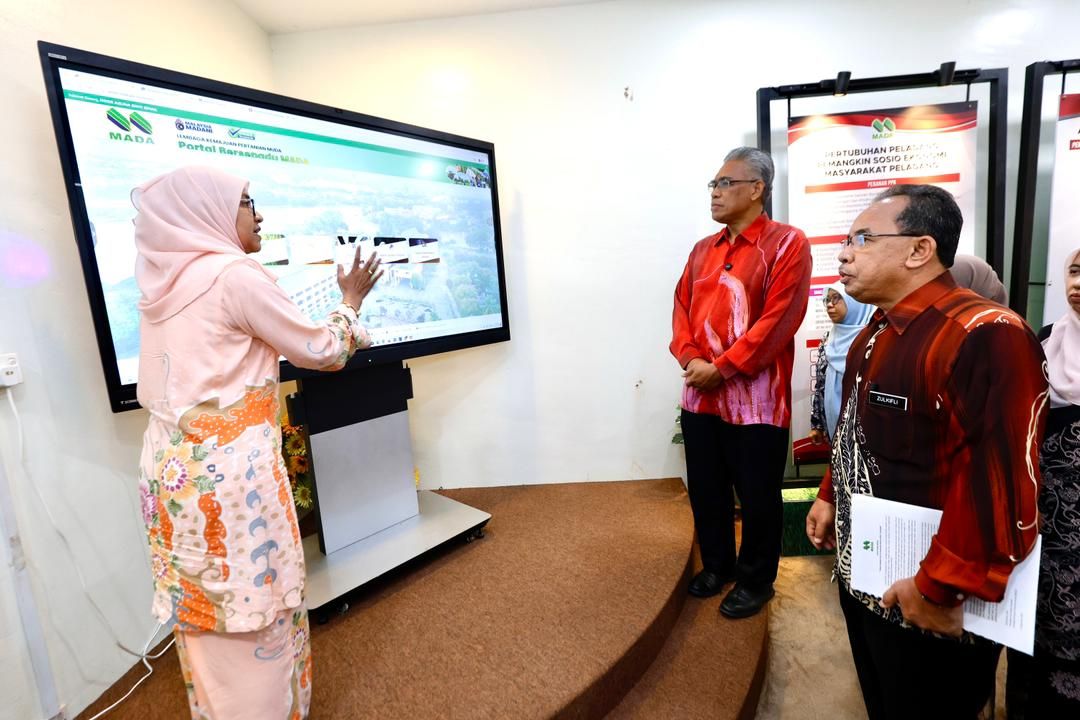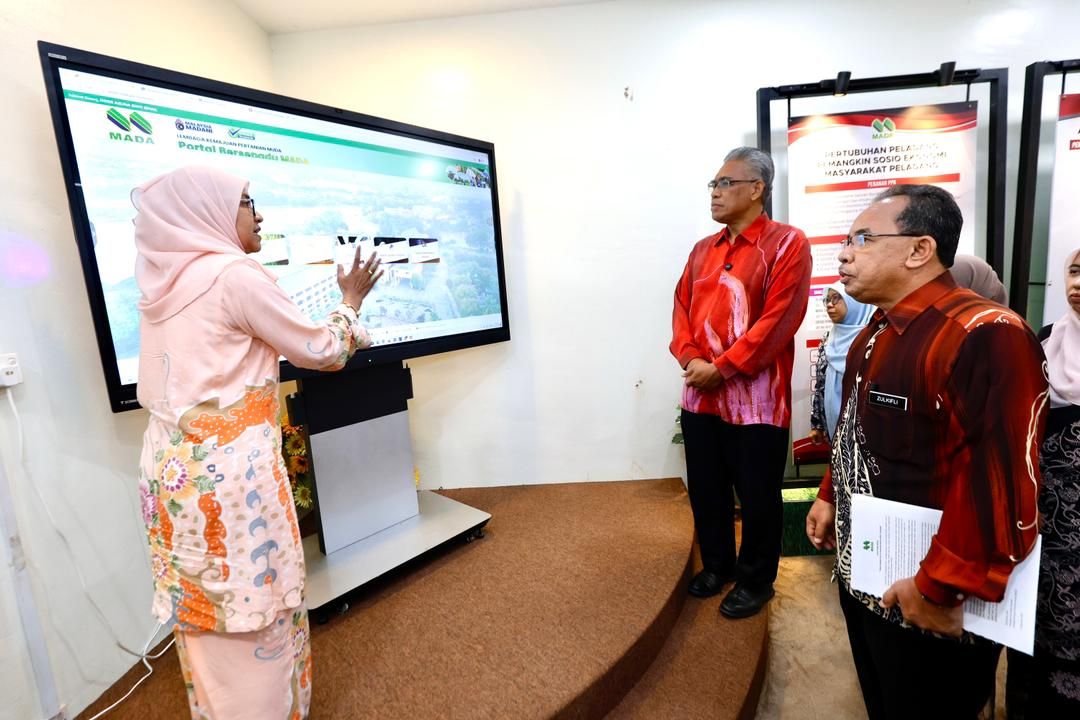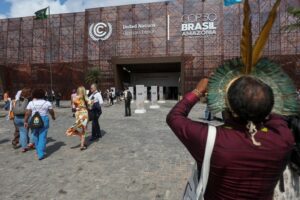
ALOR SETAR: The Muda Agricultural Development Authority (Mada) has assured that rice production in Kedah will not be affected despite the reduction of padi field areas in the Muda region.
This assurance follows the federal government’s decision to permit Kedah to rezone padi fields in urban areas for housing and industrial development.
Mada chairman Datuk Dr Ismail Salleh said to prevent rice production from being reduced resulting from the padi field conversion to development land, the agency has taken early measures by expanding cultivation areas in the Muda region to ensure production remains stable.
“For the record, the total padi cultivation area in the Muda region amounts to 100,641.19 ha, including new Mada designated areas that were gazetted in 2009 and 2011, covering 3,042.02 ha in Kedah and 1,148.49 ha in Perlis,” he said during a press conference at Mada headquarters here on Thursday (Sept 11).
Dr Ismail said the effort will ensure that the overall area for cultivation remains the same, even though some paddy fields are involved in development zones for housing, industry, and public facilities.
On Saturday, Prime Minister Datuk Seri Anwar Ibrahim said the federal government had agreed to allow the status of padi fields in the state’s urban areas to be converted for housing and industrial development.
He said at the same time, it will maintain rice production in the rice bowl areas, as the new Mada-designated areas are capable of sustaining the same yield.
He added that Mada will continue to intensify its strategies for increasing rice yields in the Muda area by focusing on the implementation of development projects under the 12th Malaysia Plan (12MP).
He said these include agricultural support infrastructure projects, followed by the implementation of the Large-Scale Paddy Planting Project (PPSB), the Smart Large-Scale Paddy Field Project (Smart SBB), the Soil Fertility Enhancement Programme, as well as long-term initiatives such as the five seasons in two years padi planting programme.
He said the implementation mechanisms of such projects will continue to be refined in line with the adaptation of agricultural technology and will be carried forward under the 13th Malaysia Plan (13MP).
He said Mada remains committed to safeguarding the interests of padi farmers and ensuring the security of the nation’s rice supply, even in the face of challenges arising from land development and land-use changes in the granary areas.
As of Thursday, water levels at all three of Mada’s main dams remain adequate, namely Pedu Dam at 50.67%, Muda Dam at 30.56%, and Ahning Dam at 52.82%.
He said these levels indicate that the overall water reserves are sufficient to support irrigation needs for Season 2/2025 in the Muda Area.
He added that the planting schedule for the second padi planting season of 2025 has been finalised at the Mada second season 2025 water supply and padi planting committee (MJBAPP) meeting held on 10 September 2025.
“Farmers are reminded to adhere to the set planting schedule, with the final sowing dates being Phase I on 29 October 2025, Phase II on 8 November 2025, and Phase III on 18 November 2025.
“Farmers are advised to use planting methods appropriate to their locations, such as direct seeding in water, and to use only certified paddy seeds (BPS),” he said,adding that compliance with the planting schedule and good agricultural practices is crucial to ensure optimum rice yields.






